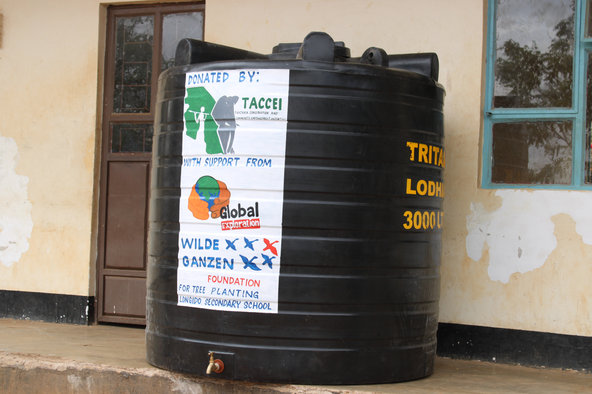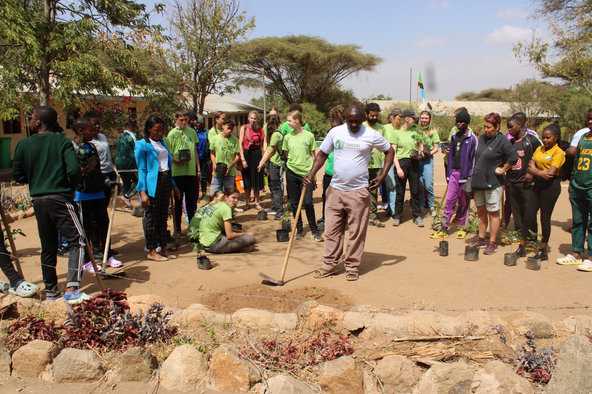Quarterly Newsletter August 2023!
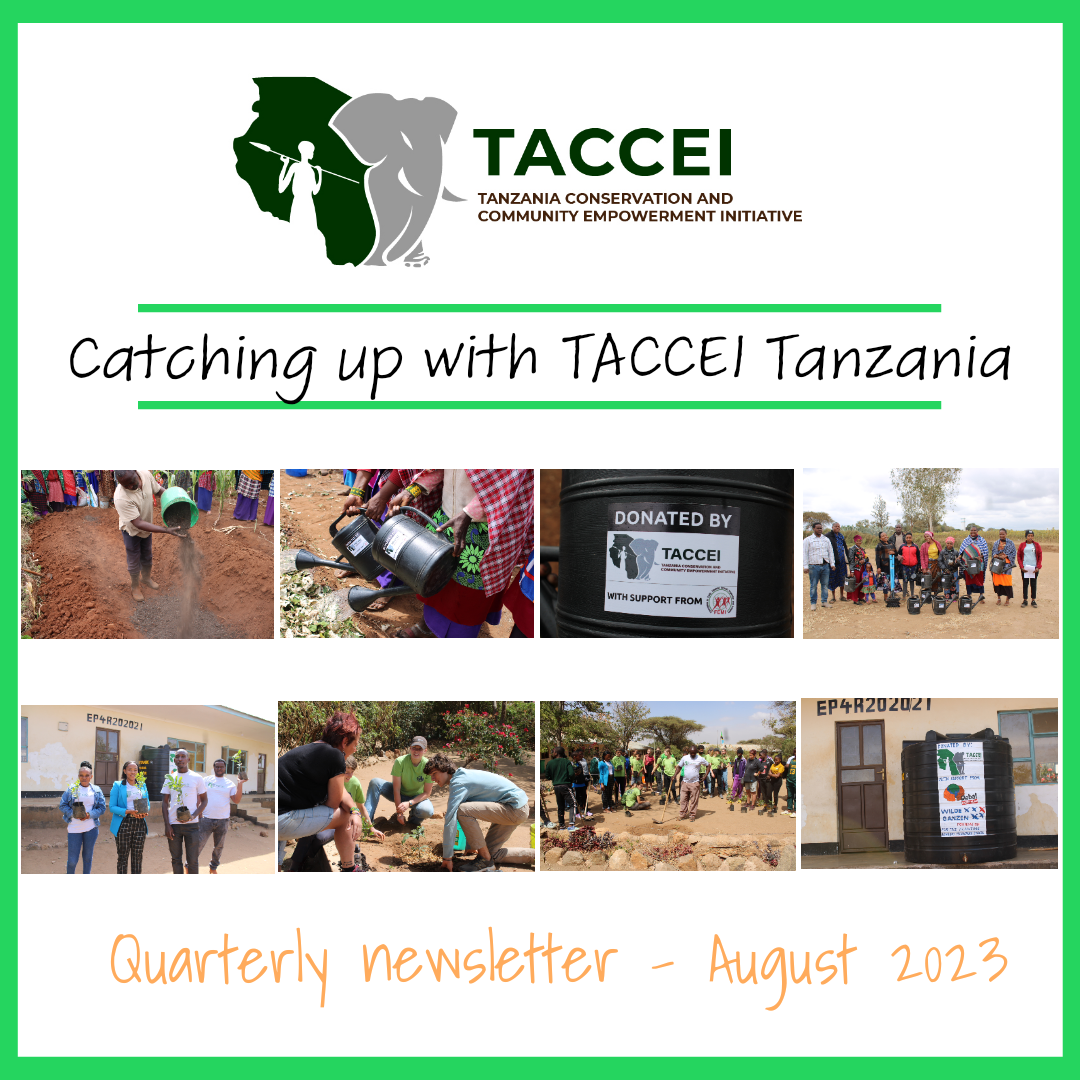

FEMI Foundation
After several months of communication, our partnership with FEMI Foundation finally came into existence in May 2023 through our newest project; The Maasai Women Empowerment and Climate Change Adaptation Project (MWECCAP). The two-year project commenced in May 2023.


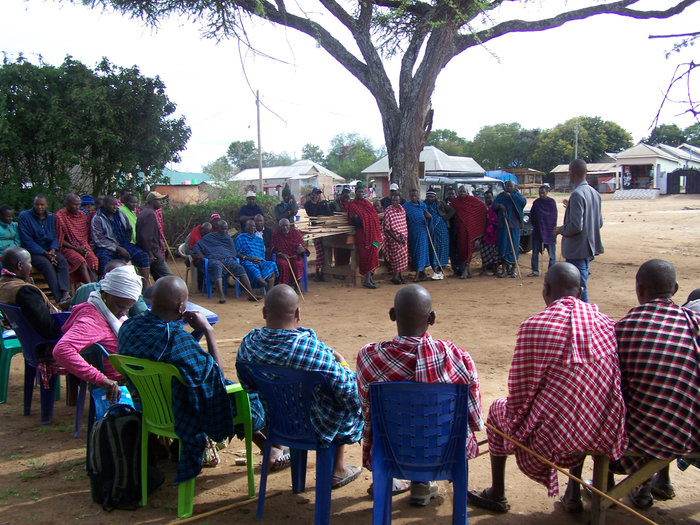
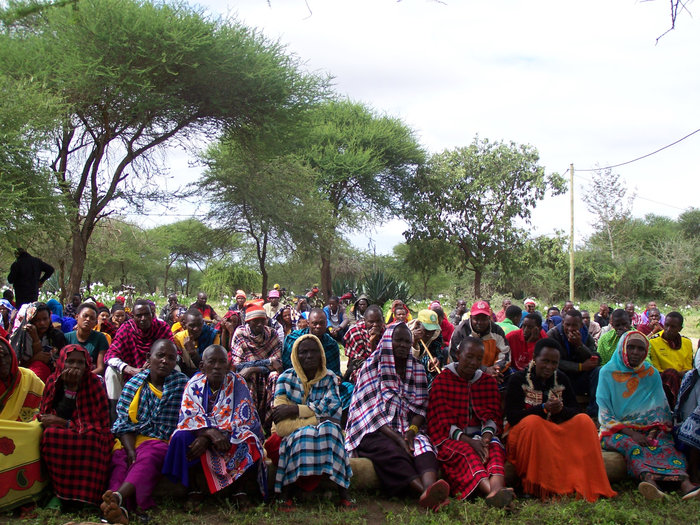
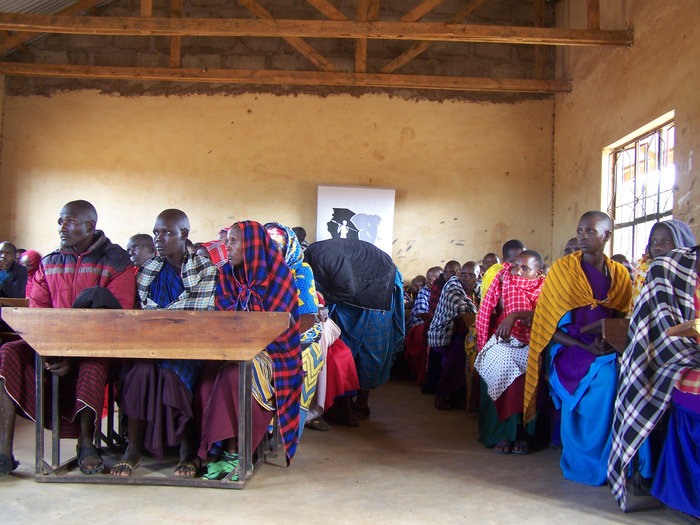
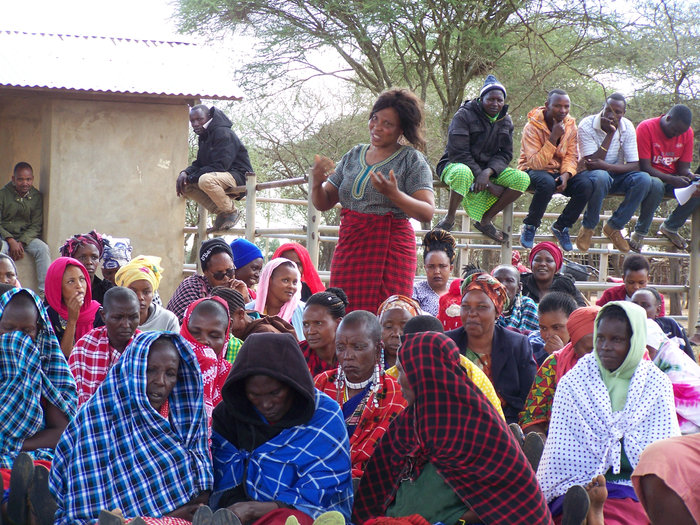
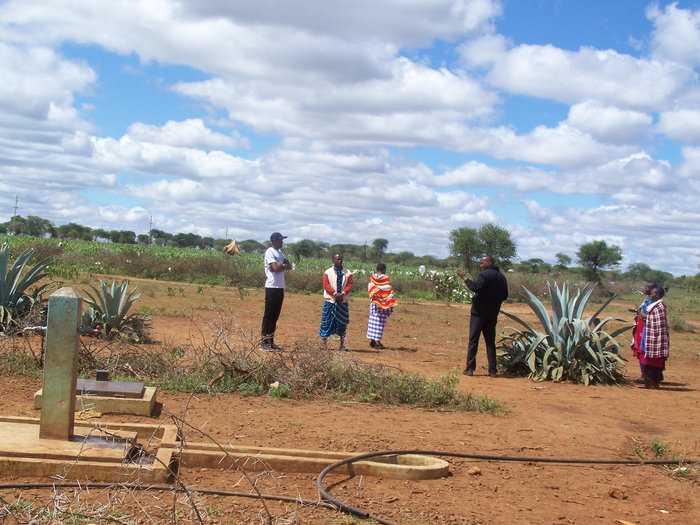
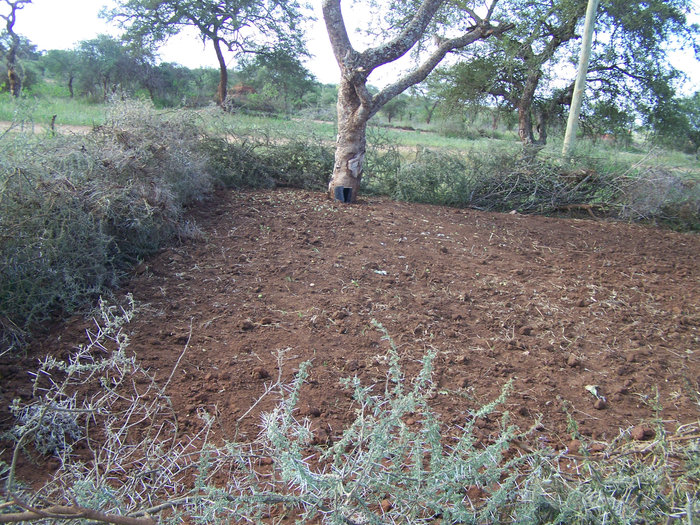
B). Loswaki village
In the village of Loswaki, many people showed their interest in gardens, some of them either knew or had done the gardens before. It’s one of the villages in which many women have water to around their homesteads. In this village, women are not farming in groups but rather individually.
|
D). Emboreet village At Emboreet village, women have shown interest to start their small gardens. The case is similar to Terrat where only fewer households have water around their homesteads. Despite this challenge, many of them have shown their full commitment. |
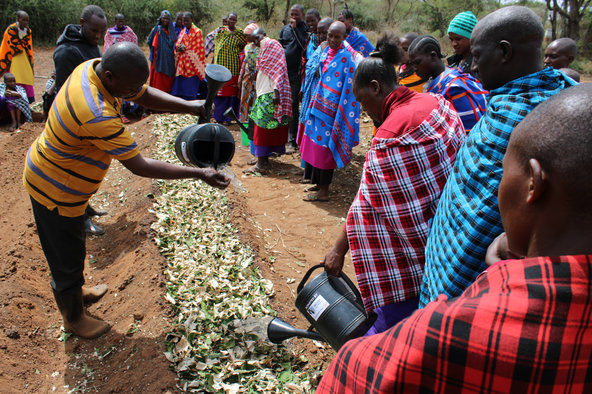
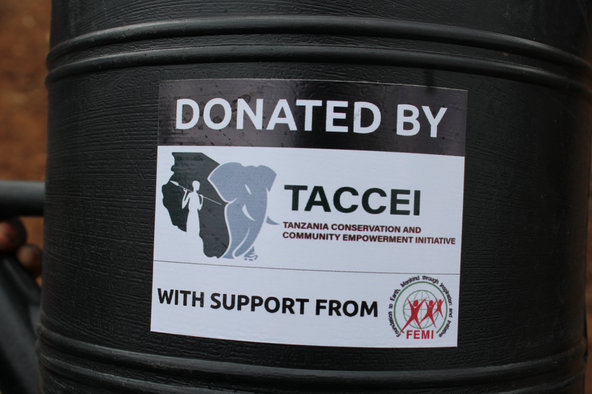
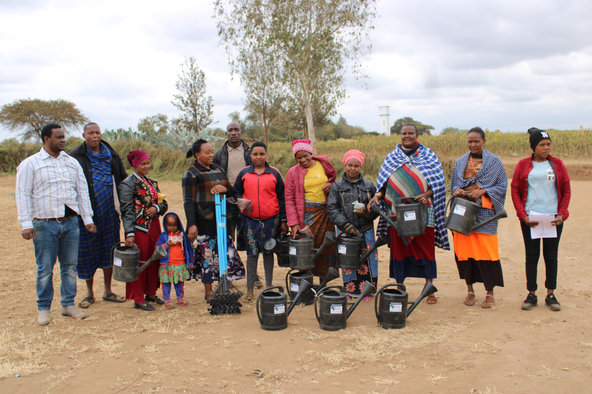
- Watering cans
- Gardening racks
- Spades
WAY FORWARD
Frequent project monitoring
Frequent monitoring is underway. Once a week, TACCEI’s project officer and the team visit all the project beneficiaries. The first week’s visit aimed to ensure that all the beneficiaries had planted their seeds accordingly. Generally, weekly visits help to ensure that watering and general garden management are well done as instructed by the trainer.
Conclusion
The project emphasizes the positive impact of the homestead garden project on women in the community, ensuring food availability and income opportunities. It was seen as a means to alleviate the challenges posed by climate change to women in the Maasai community. However, financial constraints and limited water resources were identified as significant barriers to the widespread adoption of the garden project amongst interested women.
Fighting Climate Change through Tree Planting and Environmental Education in Rural Tanzania (FCCTPE)
Although Africa contributes the least to global greenhouse gas emissions, yet key sectors of the region have experienced widespread loss and damage due to human-caused climate change. In the Maasai community, climate change has reduced food crop yields and livestock production, a major cause for the deterioration in food nutritional quality. In rural Tanzania especially in the Maasai districts of Longido and Simanjiro, rivers which are the main source of water to the population, livestock, and wildlife are drying up leaving people and animals thirsty and hungry.
As trees grow they absorb carbon dioxide (CO2), a major greenhouse gas in the atmosphere. When communities plant trees they can help to reduce the impacts of climate change in their local area and around the world.
Fighting Climate Change through Tree Planting and Environmental Education in Rural Tanzania (FCCTPEE) targets the youth and school-going children as well as the community that lives along water sources and other dry places in Longido and Simanjiro districts.
By focusing on the youth and children, our project seeks to connect students and the community to the benefits of trees and foster environmental stewardship. Through this project, over 10,000 trees both shade and fruit trees native to local area will be planted with two tree nurseries being established in Longido and Simanjiro districts. The two nurseries will provide tree seedlings to a total of 20 schools and other public areas.
Tree Nursery support at Longido Secondary School
In July, through FCCTPEE project, we were able to support the tree nursery at Longido with the maintenance of the nursery as well as the provision of water storage that will ensure water availability for the nursery throughout.
